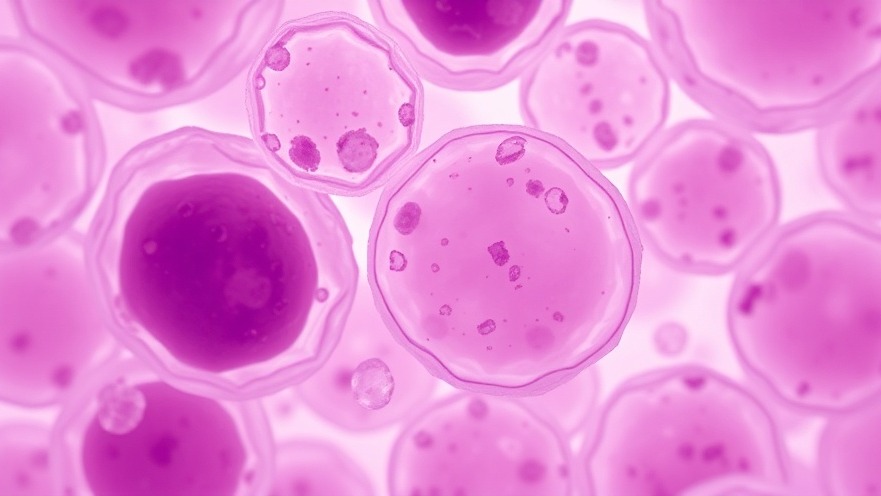
A Breakthrough in Cancer Prognosis: The Role of Tumor Cell Stickiness
In a remarkable leap forward in the world of oncology, researchers from the University of California San Diego have focused their attention on a novel metric: the "stickiness" of tumor cells. This innovative approach has the potential to predict whether early-stage breast cancer patients might face metastatic risks, paving the way for more personalized treatment strategies.
Understanding the Stickiness of Tumor Cells
At the heart of this research is a microfluidic device designed to assess the adhesive properties of tumor cells. By filtering cells through fluid-filled channels, researchers are able to classify them based on their adhesion strength. Initial findings, as published in the journal Cell Reports, indicate that tumor cells with lower adhesion—a characteristic associated with aggressive cancers—are more capable of detaching and migrating, leading to potential metastasis.
Implications for Early-Stage Breast Cancer Treatment
The implications of this research are particularly significant for patients diagnosed with ductal carcinoma in situ (DCIS), often considered an early-stage type of breast cancer that may not progress. Normally, treatment decisions are based on tumor size and grade; however, these metrics fall short in accurately forecasting the cancer's progression. By introducing a physical marker related to the cancer's propensity to spread, this new adhesion-based approach could transform patient stratification, leading to tailored treatment plans that consider individual metastatic risks.
The Technology Behind the Discovery
This groundbreaking methodology hinges on the microfluidic technology employed by the researchers, which allows them to quantify cell adhesion properties effectively. According to senior author Adam Engler, this technology reveals a correlation between the adhesive strengths of cancer cells and their likelihood of metastasis. For example, during trials, aggressive cancer cells were shown to be less sticky than their less aggressive counterparts, highlighting a crucial predictive marker that hadn't been fully explored until now.
Looking Towards the Future: Clinical Applications
While this study is a promising step in understanding tumor behavior, the researchers acknowledge the need for further investigation. The observed adhesion variations in early-stage breast cancer samples underscore the complexity of cancer's progression and the potential benefits of integrating adhesion metrics into clinical practices.
Broader Perspectives on Cancer Cell Migration
Addressing the issue of tumor cell migration and metastasis has long posed challenges within the medical field. Current research highlights that while a small number of tumor cells possess the capability to form secondary tumors, identifying a universal marker has remained elusive. This advancement might provide oncologists with a vital tool to assess metastatic risk in patients undergoing treatment for various cancer types.
Why This Research Is Important for Health Practitioners
The potential for this study to impact clinical decisions cannot be overstated. For concierge health practitioners, staying ahead of emerging research is crucial for providing informed care. This novel approach to evaluating tumor cell stickiness not only enhances diagnostic capabilities but also enables practitioners to tailor treatments based on a refined understanding of a patient's specific cancer behavior.
Actionable Insights for Patient Care
With the ongoing pursuit for better cancer prognostic tools, health practitioners should remain vigilant in integrating emerging technologies into their treatment protocols. This adhesion-based assessment could offer a robust method to stratify patients based on their risk of metastasis, thus informing whether aggressive treatments are necessary. Regular updates from ongoing clinical trials will be essential as this research progresses toward wider application.
Conclusion: A New Era in Cancer Treatment is on the Horizon
The exploration of tumor cell stickiness as a predictor for cancer spread is a significant stride in oncology. As this research advances, it is critical for health practitioners to remain engaged in these developments and consider the incorporation of innovative diagnostic tools into their practices. It may lead to more effective patient outcomes and enhanced treatment efficacy in the battle against metastatic diseases.
Want to stay ahead in your patient care? Follow the latest innovations in cancer treatment strategies to help provide the best possible outcomes for your patients.
 Add Row
Add Row  Add
Add 






Write A Comment